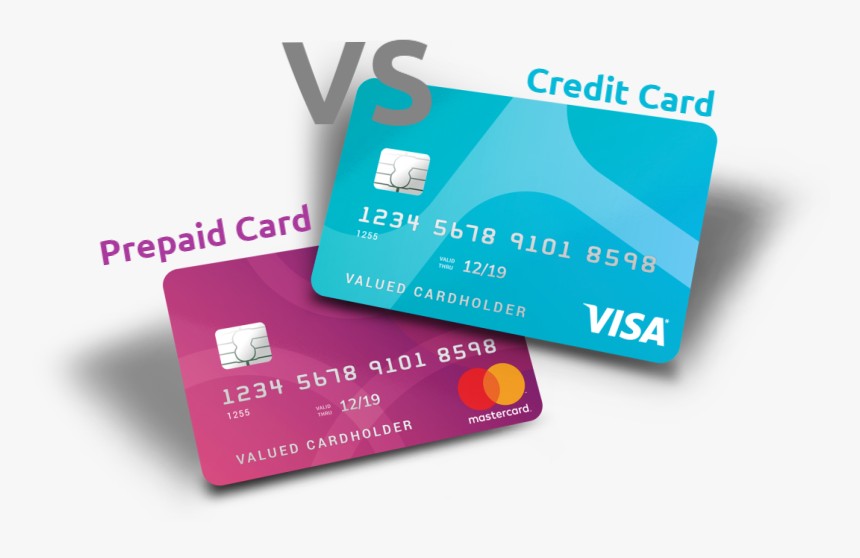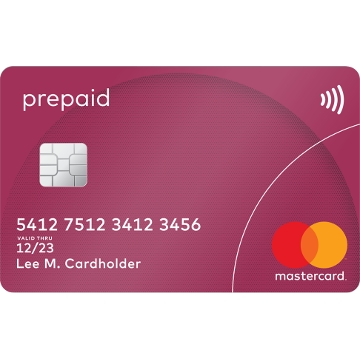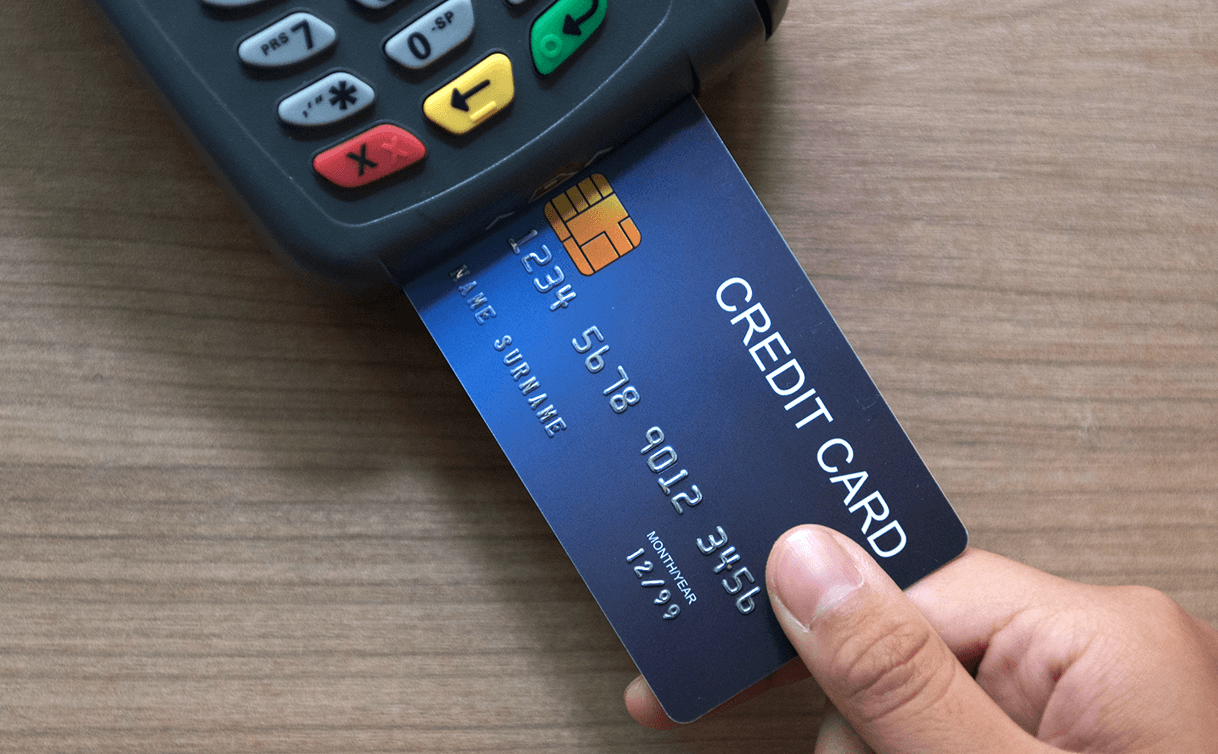With Prepaid Cards, Debit Cards, Credit Cards and all other different types of cards available for you, it is natural to feel puzzled while making your choice. Knowing the differences between various cards can help you in making your decision.
Let us find out the differences between prepaid cards and credit cards as well as the pros and cons of each, and compare and contrast the two.
Continue reading to find out which one could be the best bet for you…
Prepaid cards
A prepaid card lets you load a cash balance ahead of time and use it anywhere your card network is accepted. In that sense, it’s very much like a debit card, but without the bank account attached. Issuers may charge setup, reloading, and purchase fees in addition to a fixed monthly fee. It is a good idea to understand exactly what those charges are before buying a card.
Why should you get a prepaid card?
While they work in many ways like a typical debit or credit card, prepaid versions offer various advantages over these other forms of payment, such as:
-
-
-
Prevent overspending
– Prepaid cards can be a great way to stay out of debt since you can’t spend more than the amount you already deposited.
-
-
-
No Credit Score check required
– Since you’re only spending the money you deposit, there’s no credit check required to get a prepaid card.
-
Limit losses
-You can’t lose more than the balance on your prepaid card, even if you become the victim of fraudsters.
Why you might not want to get a prepaid card?
Though they offer some compelling benefits to unbanked and budget-conscious consumers, prepaid cards come with heavy fees. While the individual charges are modest, they’re seemingly everywhere. Depending on the card you choose, you may face an activation fee, monthly fees, transaction fees, and reloading fees. Some even assess inactivity fees if you don’t use your card for an extended period of time. You might want to do some digging and read the disclosures to figure out what the fee schedule looks like before you get a prepaid card for yourself.
Credit cards
Credit cards can be used to make purchases you don’t have the cash for, or to purchase something from a remote seller without having to wait for a physical check to be delivered. If you are trying to decide whether or not you should get a credit card, consider the pros and cons and decide whether you truly need a credit card.
Why should you get a credit card?
Credit cards have become an essential life tool in UAE, because of numerous advantages such as:
-
Pay over time
– You have the ability to pay off your balance over a period of time.
-
Rewards and gift cards
– Some cards give you the ability to earn rewards that can be used for cash, gift cards, or other merchandise. The more you use your credit card, the more rewards you earn.
-
Low introductory rates
– Many credit cards come with 0% interest on purchases and balance transfers for an introductory period of at least six months.
Why you might not want to get a credit card?
With all the benefits that come along with using them, there are some drawbacks to using credit cards that may dissuade you from using them. Depending on your credit card rate and how you use it, credit cards can cost you hundreds of dollars over the course of a year. You’ll be charged fees for making a late payment. Fees add up quickly, and they are added to your balance. This means that interest is then charged upon your fees as well. Moreover, you create more debt each time you use your credit card. You can keep the debt from growing by paying off your balance each month, but if you only make minimum payments and keep making purchases, your debt will quickly grow. Credit card debt is a vicious cycle to get into and tough to get out of.
Our Take…
Which one is worth it and Why?
If you are looking to control your spending and stay out of credit card debt, prepaid cards might just be the answer. There are myriad options on the market, so look for ones that are easy to use and reload without paying a fortune in fees. Credit cards, on the other hand, can help you build a good credit score that you can use to qualify for loans that you might need. However, keep the following points in mind before you come to a decision.
- Credit cards provide you with what you can call an ‘interest-free’ loan offer, provided that you play your monthly credit card bill on time. Prepaid cards, on the other hand, allow you to pay with money that has been preloaded on the card.
- Prepaid cards work on a ‘Pay Now, Use Later’ basis whereas credit cards follow the motto ‘Use Now, Pay Later’.
- Credit cards are to be issued by bank organizations only. Prepaid cards have an added advantage in this case as they can be issued by both a bank or a non-bank institution.
- Apart from the fact that both prepaid cards as well as credit cards can be used to pay your bills without using cash, they are also similar in their appearance. Both types of cards have a card network logo on them (such as Visa, American Express, Mastercard, Discover, etc.).
- Keep in mind that if your prepaid card provider also provides credit on your prepaid card, it will need to follow the rules set for credit cards as well.
- Prepaid cards can only be used if you have money deposited on the card previously, but credit cards do not come with any limitation of the kind.
- If you face trouble managing your expenditure, you might not want to go with credit cards. However, if you have the self-discipline to make monthly payments, you might as well reap the benefits of using a credit card, such as cash backs.
- If you want to avoid the risk of over-drafting and are looking for a card to make everyday payments, prepaid cards are the way to go.



